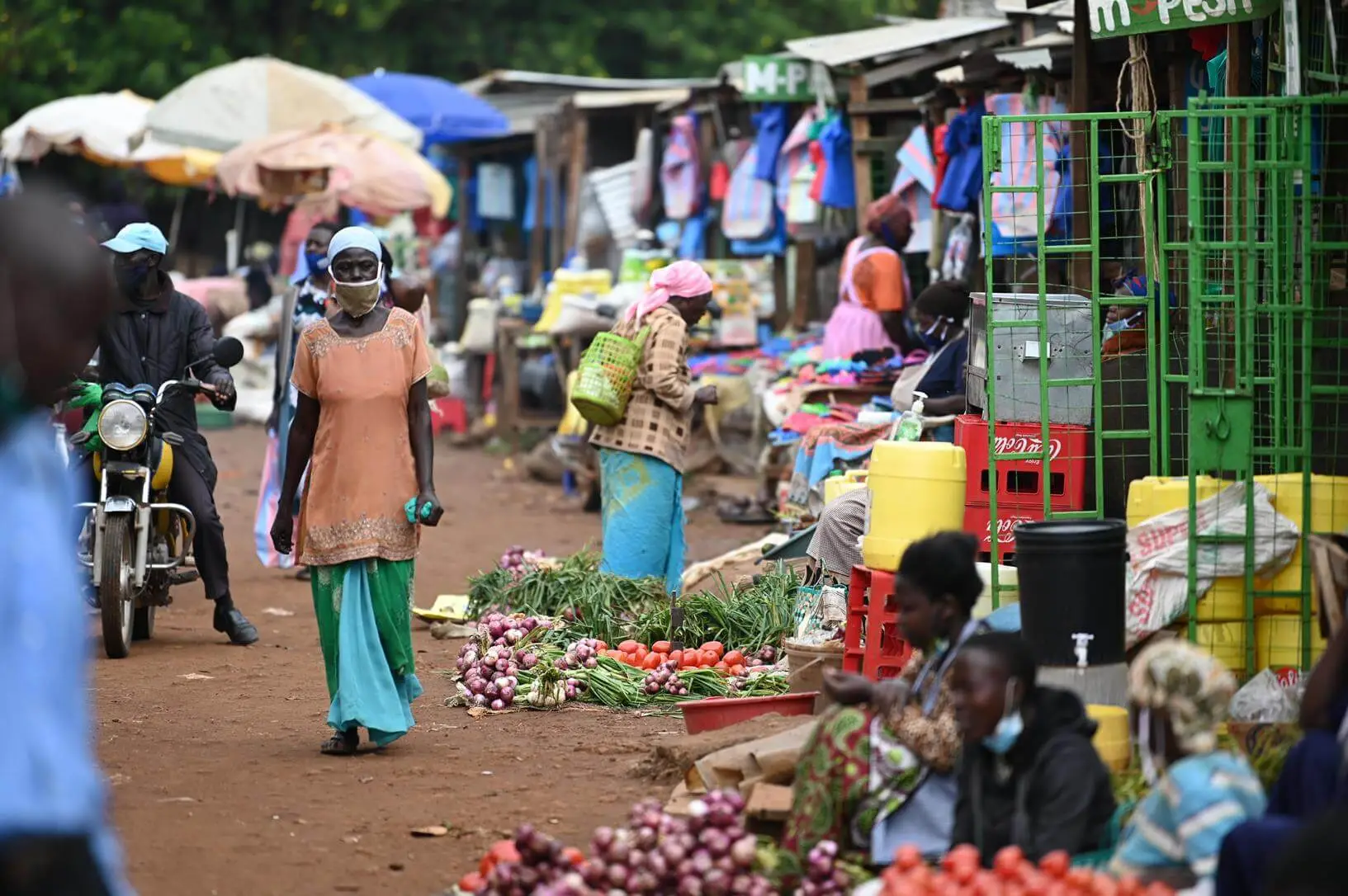If there is anything positive that could be said of the Covid-19 pandemic in Kenya, is that the country quickly learnt from other nations earlier devastated by the plague. Thus, Kenya speedily implemented containment measures among them shutting her airports and borders to keep the virus at bay. Still, local infections were reported and have continued increasing. The private sector quickly aligned itself and has remained a close partner to the state in fighting the pandemic.
As infections rose, the Kenya Private Sector Alliance (KEPSA) was at the forefront calling for a declaration of the pandemic as a national disaster, to allow the government’s flexibility and deployment of resources in containing the pandemic. The state responded by restricting movement from Covid-19 hot spots to the rest of the country, as well as dusk to dawn curfews to prevent spreads through entertainment activity. KEPSA has been in close consultation in the gradual re-opening of the economy especially in tourism and travel sectors.
The private sector lobby further rooted for expedited issuance of standards for medicaments to quickly boost local production and clearance for export processing zones (EPZ) to trade their merchandise locally, which effectively saw quick adaptation by local manufacturers. This provided the country with the vitally required safety items at a time global supply chains were experiencing acute shortages.
As the pandemic spread, ship calls at the port of Mombasa dropped with 37 cancelling their visit to the port in March. Cargo along the Northern Corridor plummeted by 30%. The horticulture sector and tourism all but collapsed, losing US$3.5 million daily and US$800 million respectively for the first half of the year respectively. Overall, the economy was taking an unprecedented hit. GDP growth projections of 5.7% were revised to between 1-3% depending on how soon the pandemic was contained.
As policy makers sought quick interventions to forestall the unravelling economic turmoil, KEPSA continued active advocacy and provided policy recommendations. It lobbied it’s members to provide the government with real-time data of the effects of the pandemic to enable decision making. Through its weekly meetings, KEPSA has continued to provide the government with real time information on the impacts on Covid-19 to the business community.
With KEPSA’s insights, some sectors repurposed and found opportunities to manufacture personal protective equipment (PPEs) locally. To process impacts, KEPSA set a Covid-19 action platform comprised of private sector leaders from various spheres. It soon became clear, to navigate the tumultuous times, economic mitigation measures must assume health and social dimensions.
As community transmissions rose in the early days, KEPSA recommended leveraging of physical capacity for mass quarantine, testing, and treatment. Many boarding schools, warehouses, stadiums, and hotels were identified for this purpose. Private hotels and government non-medical facilities would indeed come in handy as quarantine centres for the surging numbers.
Soon the fog on the full extent of Covid-19 on the economy was lifting. Disrupted supply chains of both raw materials and manufactured goods, reduced working hours and travel bans for non-essential services were weighing heavily on engines of enterprise. KEPSA called for a stimulus package. Among proposals adopted by the government was tax relief for low income earners, reduction of VAT from 16% to 14%, reduction of corporate and turn over tax from 30% to 25% and 3%-1% respectively. The government has allocated US$100 million for VAT refunds as well as paid US$140 million of the non-contested pending bills. Of the US$500 million pending County Government bills, a total of US$340 million has been cleared to date.
Cross border trade has continued to experience frequent challenges, as different countries adopt differing health protocols, resulting in cargo trucks snarl ups at borders. KEPSA has been instrumental in pushing for continued trade -including free movement of transit cargo vehicles, re-opening of one stop border posts (OSBPs) and equipping them with PPEs. KEPSA in partnership with TradeMark Africa (TMA) and the East African Business Council (EABC) provided thermal gun thermometers at borders.
More recently the private sector lobby’s call for a framework for the management, coordination and integration of public port, railway and pipeline services for more efficiency was implemented in the recent issuance of an executive order placing these function under the Kenya Transport and Logistics Network (KTLN).
Finally the announcement by the National Hospital Insurance Fund (NHIF) to support all Covid19 treatment costs for their members as public hospitals has been another win and in line with KEPSA’s philosophy that revival of the economy must progress hand in hand with strong interventions in the health sector to support the infected and affected by the pandemic.
According to Carole Karuga, the KEPSA CEO, “the fruits of public private dialogue are not always easy to see, but in these difficult times we are proud of the results of the structured dialogue we continue to have with the government”


